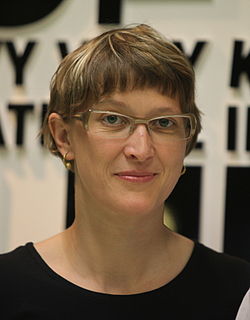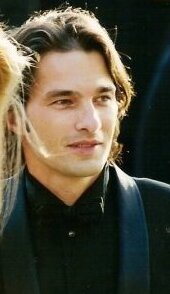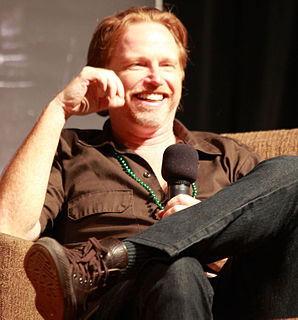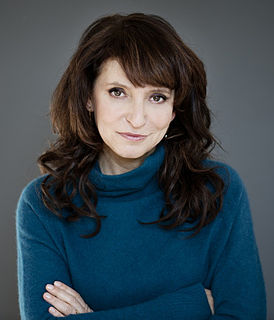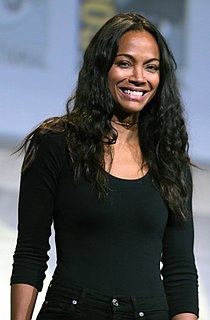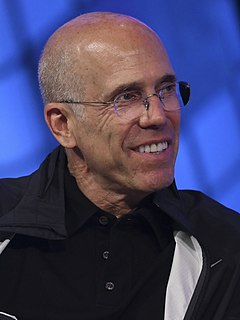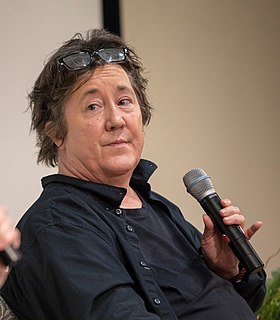A Quote by Jasmila Zbanic
It was important to feel that you were resisting the fascism around you. But we had no electricity to watch movies. We were imagining our movies.
Related Quotes
When I was a kid, I was watching the movies my parents wanted to watch. I came from a working class family, not specifically educated, so we were watching popular movies. My dad liked cowboy movies, so we were watching cowboy movies. Some of them were amazing. It’s a genre of movie I like very much.
Richard Donner made great movies. Seminal movies. The Academy, though, and we have to be careful here, should recognize popular films. Popular films are what make it all work. There was a time when popular movies were commercial movies, and they were good movies, and they had to be good movies. There was no segregation between good independent films and popular movies.
I grew up loving action movies and films that were set in supernatural, unimaginable places. So I take being a woman in the film industry who is able to do action movies very seriously because I'm making the kind of movies that I wanted to watch as I was a kid and that inspired me and are the reason as to why I am here.
